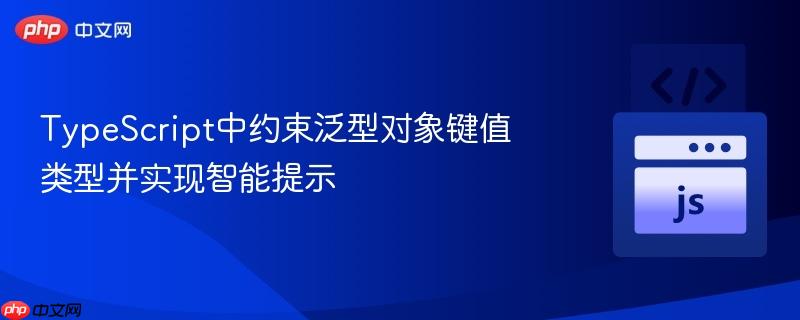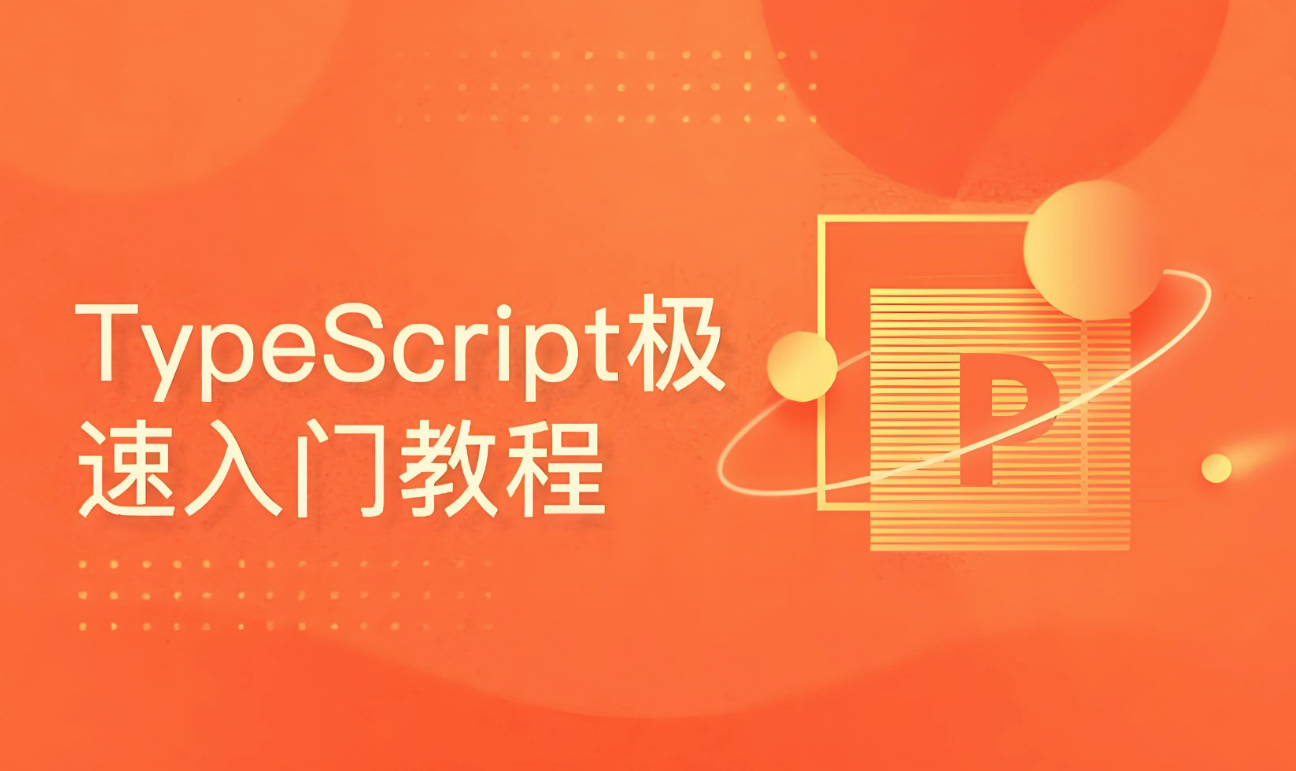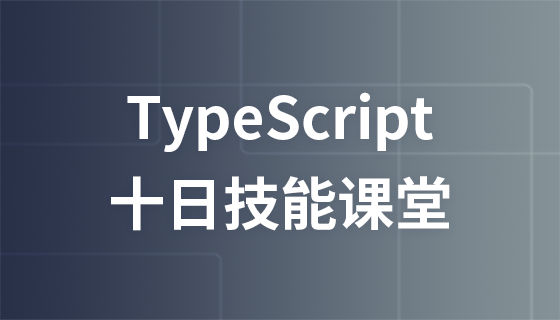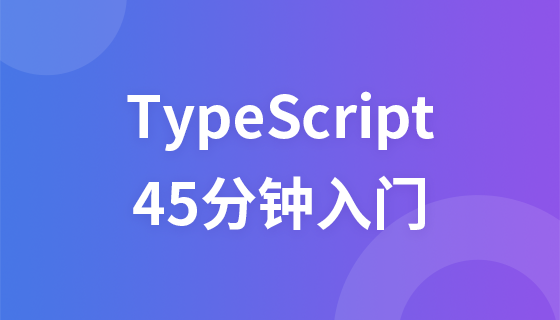
本文深入探讨如何在typescript中为泛型函数约束对象键的类型,使其仅接受特定值类型的键,并同时保留ide的智能提示功能。通过介绍条件类型、映射类型和泛型约束,文章展示了如何构建强大的类型工具,确保代码的类型安全和开发效率。
在TypeScript开发中,我们经常需要编写能够处理各种类型对象的泛型函数。一个常见的需求是,从一个泛型对象 T 中提取某个属性 K 的值,并确保这个属性的值是特定类型(例如 string)。然而,直接实现这样的功能会遇到类型安全问题,并且会丢失IDE的智能提示。
考虑以下尝试:
function extractStringValue<T extends object, K extends keyof T>(obj: T, key: K): string {
// 错误: Type 'T[K]' is not assignable to type 'string'.
// Type 'T[K]' could be instantiated with an arbitrary type which is not a subtype of 'string'.
return obj[key];
}
// 期望的使用方式
const myObj = { stringKey: "hi", boolKey: false, numKey: 123 };
const stringVal = extractStringValue(myObj, "stringKey"); // 期望通过
const stringVal2 = extractStringValue(myObj, "boolKey"); // 期望报错
const stringVal3 = extractStringValue(myObj, "numKey"); // 期望报错上述代码中,extractStringValue 函数的目的是返回一个 string 类型的值。然而,K extends keyof T 意味着 K 可以是 T 中任何键的字面量类型,而 T[K] 可能是 string、boolean、number 或其他类型。TypeScript编译器无法保证 T[K] 总是 string 类型,因此会抛出类型错误。此外,在调用 extractStringValue 时,传入 key 参数时,IDE会提示 myObj 的所有键("stringKey"、"boolKey"、"numKey"),而我们希望它只提示那些值为 string 的键。
为了解决上述问题,我们需要一种机制来:
我们可以通过定义一个高级的实用类型 StringKeys
StringKeys
type StringKeys<T> = Exclude<{
[P in keyof T]: T[P] extends string ? P : never
}[keyof T], undefined>;让我们逐步解析这个类型:
通过这个 StringKeys
现在,我们可以使用 StringKeys
function extractStringValue<T extends Record<K, string>, K extends StringKeys<T>>(
obj: T,
key: K,
): string {
return obj[key];
}
// 示例用法
const myObj = { stringKey: "hi", boolKey: false, numKey: 123 };
const stringVal1 = extractStringValue(myObj, "stringKey"); // OK
console.log(stringVal1); // 输出 "hi"
// 错误: Argument of type '"boolKey"' is not assignable to parameter of type '"stringKey"'.
// const stringVal2 = extractStringValue(myObj, "boolKey");
// 错误: Argument of type '"numKey"' is not assignable to parameter of type '"stringKey"'.
// const stringVal3 = extractStringValue(myObj, "numKey");
// IDE智能提示现在只会显示 "stringKey"
// extractStringValue(myObj, ""); // 尝试输入时,IDE只会提示 "stringKey"这里有两个关键的泛型约束:
通过这两个约束的协同作用,我们不仅解决了编译器的类型错误,而且在调用函数时,IDE会根据 myObj 的实际结构,只提供 stringKey 作为 key 参数的有效选项,极大地提升了开发体验。
上述 StringKeys
type KeysOfType<T, O> = Exclude<{
[P in keyof T]: T[P] extends O ? P : never
}[keyof T], undefined>;
// 基于 KeysOfType 定义特定类型的键
type StringKeys<T> = KeysOfType<T, string>;
type BooleanKeys<T> = KeysOfType<T, boolean>;
type NumberKeys<T> = KeysOfType<T, number>;
// 示例:提取布尔值键的函数
function extractBooleanValue<T extends Record<K, boolean>, K extends BooleanKeys<T>>(
obj: T,
key: K,
): boolean {
return obj[key];
}
const anotherObj = {
name: "Alice",
isActive: true,
age: 30,
isAdmin: false
};
const activeStatus = extractBooleanValue(anotherObj, "isActive"); // OK
console.log(activeStatus); // 输出 true
// 错误: Argument of type '"name"' is not assignable to parameter of type '"isActive" | "isAdmin"'.
// const nameValue = extractBooleanValue(anotherObj, "name");
// IDE智能提示现在只会显示 "isActive" 和 "isAdmin"
// extractBooleanValue(anotherObj, ""); // 尝试输入时,IDE只会提示 "isActive" | "isAdmin"KeysOfType
通过掌握这些高级的TypeScript类型技巧,开发者可以编写出更健壮、更智能的泛型代码,充分发挥TypeScript的类型系统优势。
以上就是TypeScript中约束泛型对象键值类型并实现智能提示的详细内容,更多请关注php中文网其它相关文章!

每个人都需要一台速度更快、更稳定的 PC。随着时间的推移,垃圾文件、旧注册表数据和不必要的后台进程会占用资源并降低性能。幸运的是,许多工具可以让 Windows 保持平稳运行。




Copyright 2014-2025 https://www.php.cn/ All Rights Reserved | php.cn | 湘ICP备2023035733号